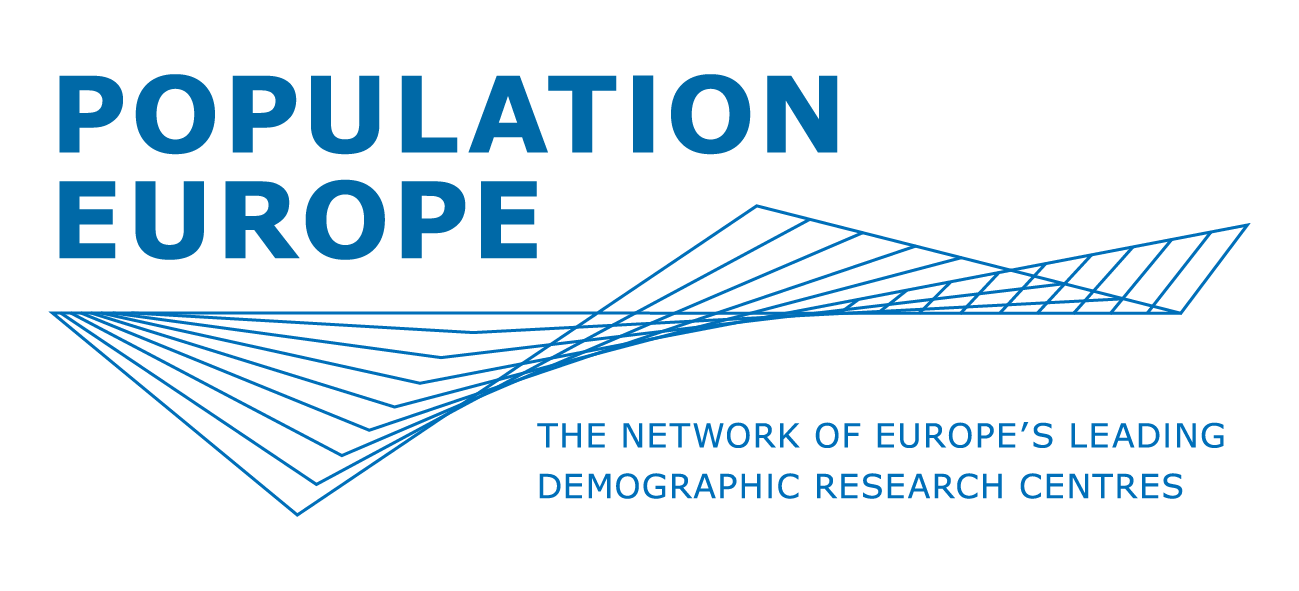Reproductive Decision-Making in a Macro-Micro Perspective (REPRO)
The interdisciplinary research project aimed at analysing the causes and consequences of low fertility in Europe from demographic, sociological, economic, social psychological and anthropological points of views. The project approached fertility decision making from a macro-micro perspective. The research used both macro data about fertility trends, institutional setting, and cultural patterns in Europe on the one hand and individual level panel data on the other hand in which plans relating to parenthood are compared with actual behavior. Additionally, data taken from qualitative research were used to further describe the mechanisms that influence choices in favor of or against having a first or another child. This project is funded under the Seventh Framework Programme of the European Union and is run jointly by the Vienna Institute of Demography (VID, project leader), the Institut National d'Études Démographiques (INED), Netherlands Interdisciplinary Demographic Institute (NIDI), Università Bocconi, the Max Planck Institute for Demographic Research, the HDRI, Statistics Norway, the Bulgarian Academy of Sciences, the Population Activities Unit of the United Nations Economic Commission for Europe, and the University of Essex.
The HDRI was responsible for carrying out research on the relation of fertility intentions and realizations.
Researchers
KAPITÁNY, Balázs; SPÉDER, Zsolt
Related publications of HDRI researchers
Spéder, Zsolt - Kapitány, Balázs (2014): Failure to Realize Fertility Intentions: A Key Aspect of the Post-communist Fertility Transition. Population Research and Policy Review, January 2014, doi: 10.1007/s11113-013-9313-6.
Kapitány, Balázs – Spéder, Zsolt (2012): Realization, Postponement or Abandonment of Childbearing Intentions in Four European Countries. Population (English Edition), 2012/4., Vol. 67., 599-629.
Research highlights
The realisation of fertility intentions in Europe





